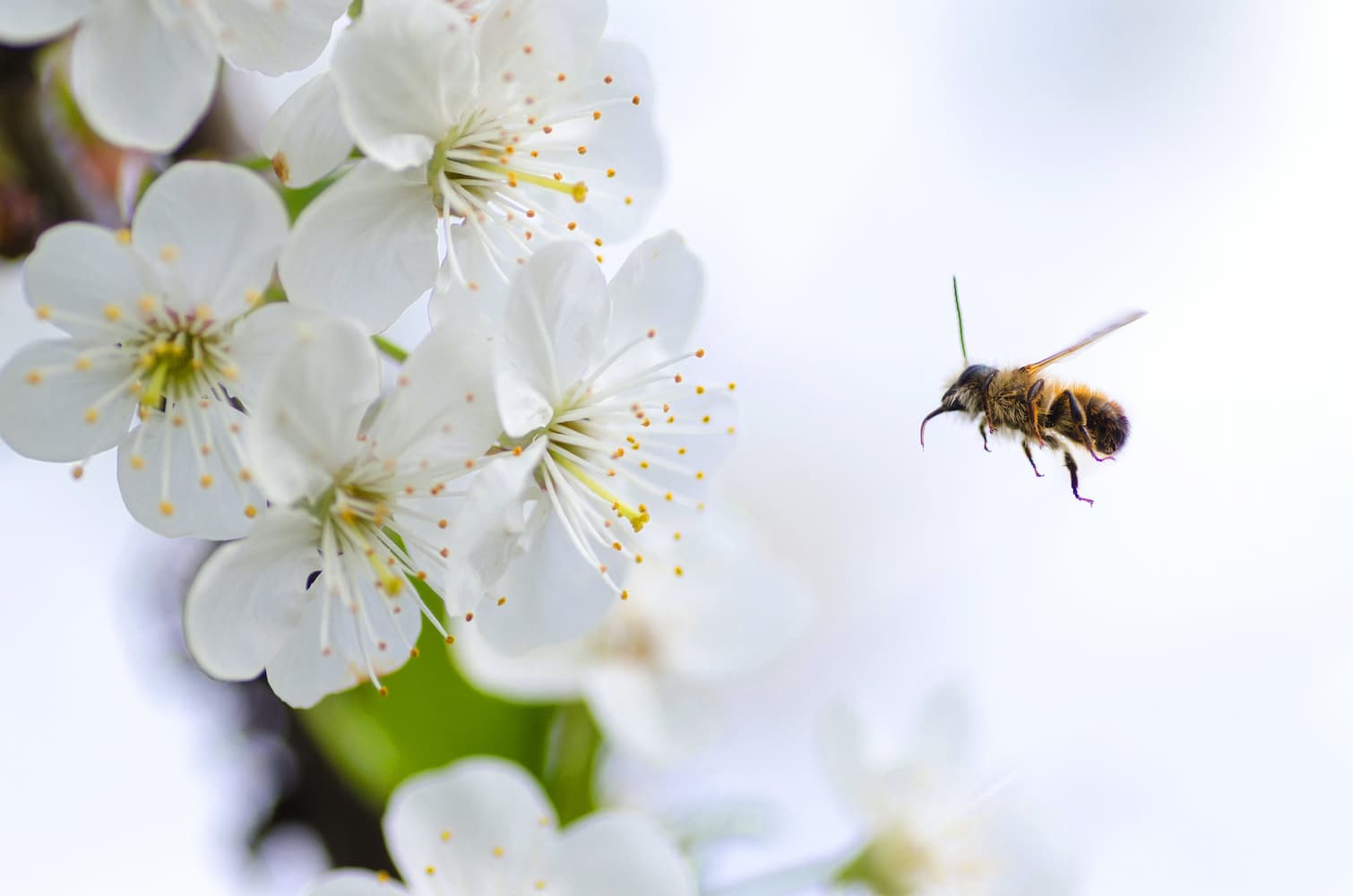
Itchy skin? Watery eyes? Runny nose? Uh-oh...looks like you have an allergy. Allergies are caused by different things, with food, pollen and dust mite allergens being common triggers. The immune system of a person with allergies overreacts and becomes defensive once it comes into contact with a harmless substance which it perceives as harmful. Severe allergies can be debilitating. If your allergy has been impeding your life long enough, join World Allergy Week 2021 from 13th to 19th of June to find relief and improve the quality of your life.
World Allergy Week is the brainchild of the World Allergy Organisation (WAO). It aims to raise allergy awareness and funds to support research into treatments that will provide lasting results and improve the health and wellbeing of people suffering from allergies. This year's theme for World Allergy Week is Anaphylaxis, a life-threatening reaction to certain foods and insect venom which constricts the respiratory tract and causes a massive drop in blood pressure. This allergic reaction occurs almost immediately within minutes of exposure to allergens and may lead to death.
What Are the Most Common Allergies?
Anything that causes an allergic reaction is called an allergen. It's worth noting that not all allergens are bad for your health. Peanuts, for instance, are high in protein and antioxidants that support brain function and prevent heart disease. Unfortunately, people with peanut allergies have an intolerance to this legume and may sustain a severe allergic reaction if consumed. In addition to peanuts, here below are the most common allergens that can cause a host of allergies and other immune system diseases:

- Pollen
- Dust mite feces
- Bee stings
- Hair dyes
- Household products
- Mould
- Animal dander
- Tree nuts
What Are the Symptoms of an Allergic Reaction?
Symptoms of an allergic reaction manifest when the immune system produces antibodies following exposure to a substance it deems as harmful. Oftentimes, it's hard to tell if what you have is a food allergy, drug allergy or an autoimmune condition like coeliac disease. You can only determine the true nature of your condition by undergoing skin tests, blood tests or other allergy testing procedures. It's not uncommon for people with shellfish allergies to have fish allergy as well and manifest the following symptoms:
- Stomach pain
- Skin rash
- Runny nose
- Swelling of the tongue or lips
- Itchy throat
On the other hand, it's so easy to confuse seasonal allergies with respiratory allergies because both display similar symptoms such as nasal congestion, sneezing, watery eyes and itchy nose and throat among others. It's the same case with milk allergy and wheat allergy as both exhibit shortness of breath, atopic dermatitis, vomiting, swelling of lips or throat and diarrhoea as well.
World Allergy Week 2021 aims to guide people with allergies in identifying the root cause of their allergy symptoms and finding the appropriate treatment approach. Although anyone can buy allergy medications over the counter, the ultimate goal of this campaign is to help those who are suffering restore normality in their lives.
How Can You Eliminate Your Allergies?

Recognising the culprit is the key to ending the battle with skin allergies, seasonal allergies, food allergies and other types of allergies. For food allergy prevention, keeping a list of foods that you are allergic to will not only prevent the symptoms but also enable you to relish every meal without a tinge of fear. If you experience severe reactions triggered by outdoor allergens, wearing a face mask every time you need to go out will protect you from possibly inhaling any microscopic allergens.
Most allergy sufferers would turn to antihistamines or steroid nasal sprays to stop the symptoms and feel better, albeit temporarily. If you prefer the natural path, here are some helpful tips to alleviate an anaphylactic reaction or other types of allergies:
- Take a shower and change your clothes immediately after being outdoors to avoid bringing any allergens into your home.
- Use natural home cleaning products like baking soda, vinegar and lemon juice, as opposed to chemically-infused products. You also want to use a vacuum cleaner with a built-in HEPA filter to trap tiny microbes that can set off your allergies
- If you're experiencing nasal congestion, consume more fluids like water and juices. Stay away from alcoholic and caffeinated beverages as these will further thicken the mucous and clog the airways.
- Eat plenty of vegetables and fruits. In fact, studies show that a diet rich in Vitamin C, probiotics and omega-3 fatty acids can prevent allergies in children.
- Practising nasal irrigation is an effective and inexpensive way of flushing out mucous and keeping bacteria at bay. To make your own saline flush, mix 3 teaspoons of salt with 1 teaspoon of baking soda and then store it in a zipper pouch or tightly sealed container. When you're ready to use it, mix 1 teaspoon of the mixture with 8 ounces of distilled water in a squeeze bottle, then slowly spray the solution into one nostril. Wait for the fluid to drip out of your nose and into the sink before proceeding with the other nostril.
- Keep your pets out of sight. Of course, you don't have to literally drive away your fur friends, but give them their own space rather than have them loitering inside your house and sleeping on your bed. Pet dander can cause severe allergic reactions in most people, so if you're among them, you definitely want to set some boundaries for your beloved pets.
Avoiding anything that can trigger your allergy is only the first step to improving the symptoms. Your best defence is working closely with a qualified allergy expert and keeping abreast of the latest developments in terms of research initiatives for allergy treatments.
By participating in World Allergy Week 2021, you will find numerous tools and strategies to help you end your ordeal. As well as receiving medical supervision, you can gain a wealth of information on critical tests that can identify the source of your allergic disease as well as the appropriate treatment for it. Expect allergy experts like clinical immunology specialists to discuss the nature of new and common food allergens and their impact on the immune system of certain people.
It's also worth joining online forum discussions that are focused on food manufacturers and allergen labelling requirements. Here, you will learn how to scrutinise the label of each grocery item before throwing it into the cart, a proactive way to deal with food allergy and improve overall health and wellbeing.
|
Do you have a natural health & wellness business? |









